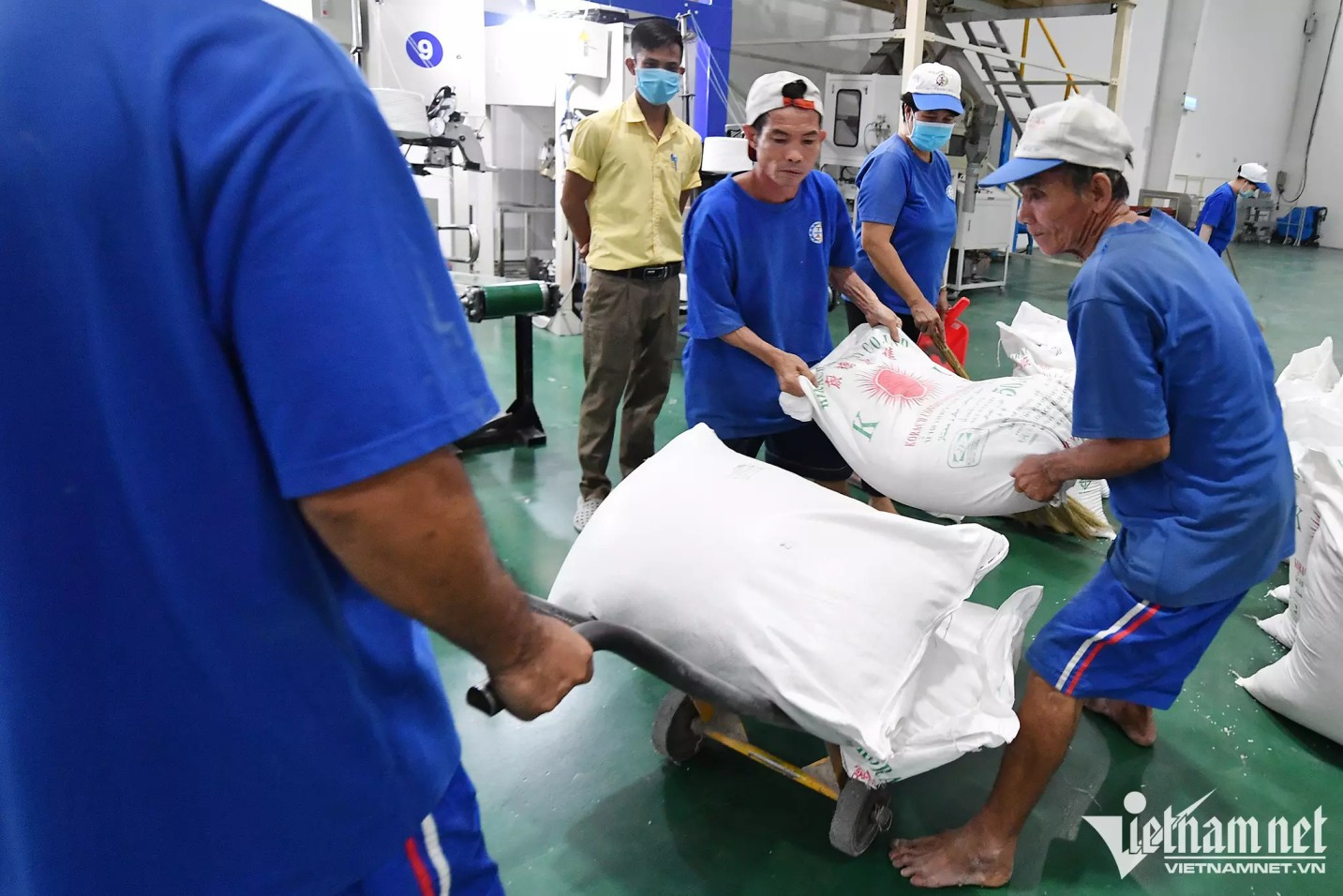
According to the Vietnam Confederation of Commerce and Industry (VCCI), over the last six months, enterprises in the Mekong Delta have been seriously affected by the petrol price hike and the 15-20 percent logistics cost increase (the cost in 2021 rose by 40 percent compared with 2020).
Meanwhile, congestion at international ports has worsened the container shortage. As a result, businesses have had to pay high prices to export their products. In addition, new fees have arisen, including a port infrastructure fee and Covid quarantine fee on product packaging.
The government’s economic recovery and development program under Resolution 11 is expected to bring benefits to enterprises. These include a 2 percent VAT reduction, 30 percent cut of land and water surface fee, and a 2 percent interest rate subsidy. However, enterprises said they still have not received the support.
In fact, other businesses throughout the country are facing the same problems.
Le Xuan Nghia, a respected economist, said the biggest difficulty for enterprises is the input material price increases. Petrol prices have increased by nearly 50 percent and imported fuel and input material prices have risen by 20-30 percent.
Meanwhile, businesses cannot raise the selling prices of finished products. This has caused profits of enterprises to fall sharply and has led to the risk of losses. The smaller the businesses are, the more difficulties they have.
In such conditions, support for enterprises is coming in dribs and drabs. The 2 percent interest rate subsidy program, for example, is small compared with the 1-1.5 percent interest rate hike, while procedures to obtain loans are still very complicated.
Enterprises are tapping into each other’s capital. Because of difficulties in cash flow, they buy each other’s goods and debit very large amounts of money, especially in the construction sector.
A survey by Atradius, which provides commercial credit insurance and guarantee services, found that selling goods by deferred payments is common in Vietnam. It is estimated that 58 percent of total B2B transaction value in the last few months was done under that mode, and 48 percent of the transactions were overdue invoices. The bad debt ratio is at a high level, leading to cash flow risks.
Inflation risks
“Right at the beginning of the year, we estimated that once petroleum prices increased by 50 percent, this would increase the CPI by 1.2 percent. Other products, including imported input materials, will also increase by 20-30 percent, thus increasing the Vietnam CPI by another 0.8 percent,” Nghia said.
“As such, Vietnam’s CPI this year is predicted to be 2-2.2 percent higher than last year. However, the impact will be seen more clearly in the second half of the year,” he added.
Some analysts have warned that inflation pressure will affect the recovery of the economy. With input material price increases and lower profits, businesses will find it difficult to expand production to create more jobs.
SKD Vietnam Precision Mechanical Company CEO Nguyen Van Ket said the gasoline price is on the rise, while input material prices have increased by 15-20 percent. But his company still cannot raise selling prices proportionally for fear for losing clients.
Though the enterprise has been regulating cash flow and inventory levels, it still faces difficulties because of its small scale and limited financial resources.
The price increases have caused consumption to decrease. The tourism sector, for example, is showing signs of a growth slowdown. As expenses on food, accommodations and air tickets have increased, many people have canceled their travel plans.
The same situation can be seen in other business fields. When prices increase, people tighten their purse strings. As products go unsold, inventory levels increase and enterprises have to downsize the production.
The "price storm" will also slow down public investment. As contractors suffer from material price increases, they may have to halt execution and capital won’t be disbursed.
Meanwhile, public investment is considered the "locomotive" that leads the economic recovery.
In such conditions, many enterprises may have to sell their company to foreign investors.
“We have estimated that 8-9 business fields have fallen into foreign hands, including plastics, beer, soft drinks, and sweets manufacturing,” Nghia said.
Tran Thuy